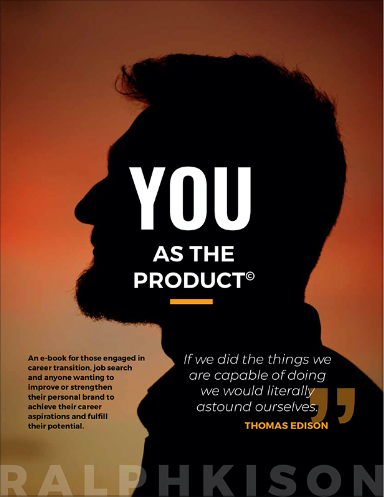
To lead others through uncertainty, you must first become more resilient. That begins by embracing a growth mindset. This newsletter provides suggestions on how to do that.
Mindset mastery: Shift from a fixed mindset to a growth mindset. Embracing an attitude of flexibility and realizing change is not only inevitable, but is also essential for growth is the starting point. Reframe setbacks as opportunities to learn and improve and be willing to “fail forward.” Feel free to review last week’s post on this topic.
What Does a Growth Mindset Really Mean?
This video from HBR is worth a view to help you frame your growth mindset.
I’ve selected several phrases from the video that relate to overcoming misperceptions, the wrong mindset, and mistakes to avoid.
What it is not:
The following statements reveal how the meaning of “growth mindset” has often become distorted by well-intentioned managers and some leaders who say things like:
- I already have it, and I always have.
- It’s just about praising and rewarding effort.
- Just advocate for a growth mindset, and good things will happen.
What it is:
A growth mindset, rooted in the belief that talents can be cultivated through effort, effective strategies, and candid feedback, significantly influences individual and organizational success. Individuals with a growth mindset focus on learning, being humble and teachable, and channeling their energy into continuous improvement rather than appearing arrogant with an overinflated sense of self.
When entire companies adopt this mindset, employees feel empowered and committed. They benefit from enhanced support for collaboration and innovation. In contrast, organizations with fixed mindsets often experience higher instances of unethical behaviour among employees – often stemming from a desire to gain advantages in talent competitions and advancing up the corporate ladder.
Place People in the Right Roles
Start by understanding the orientation or “bent” for your team members so they grow in the right direction. A useful analogy is to think of people falling into the categories of plants. As a leader, strive to “plant” people in a role or position they are best suited for.
Sun plants = employees who can deal with or even thrive in roles where there is heat and pressure.
Shade plants = employees who are cool, stable and keep things under control.
Mixed sun/shade = employees that naturally flex and bend and are comfortable in roles requiring adaptability.
This example can be made even more applicable when related to personality types:
- Initiators: Place them in more outward facing roles where generalist skills and greater adaptability are required.
- Implementors: Inward facing with higher technical orientation requiring specialist skills.
- Facilitators: Those that fall within the “bell curve” have the flexibility to adapt naturally and authentically. They may not set the room on fire with their energy, but they get everyone working together effectively. They can also be the binding agent that connects and enables diverse styles to function effectively.
Growth Mindset Factors to Round Out the Transition
Emotional agility: Manage stress, regulate emotions, and stay focused under pressure.
Clear communication: Keep your team informed, engaged, and aligned with a compelling vision.
Self-care & boundaries: Prioritize mental and physical well-being to sustain high performance.
Resource allocation: Provide the right resources to complete tasks and maximize individual effectiveness. Create customized tool kits that enable people to function at their best level.
In cultivating a growth mindset and fostering personal resilience, leaders not only empower themselves, but also inspire those around them. By embracing change as an opportunity for learning and growth, and by placing individuals in roles that align with their strengths and adaptability, organizations can create environments where innovation thrives and ethical standards remain high. Through emotional agility, clear communication, and a commitment to self-care, leaders can navigate uncertainty with confidence, ensuring their teams are equipped with the tools and support needed to achieve sustainable success.
“The only limit to our realization of tomorrow is our doubts of today.” – Franklin D. Roosevelt


Recent Comments